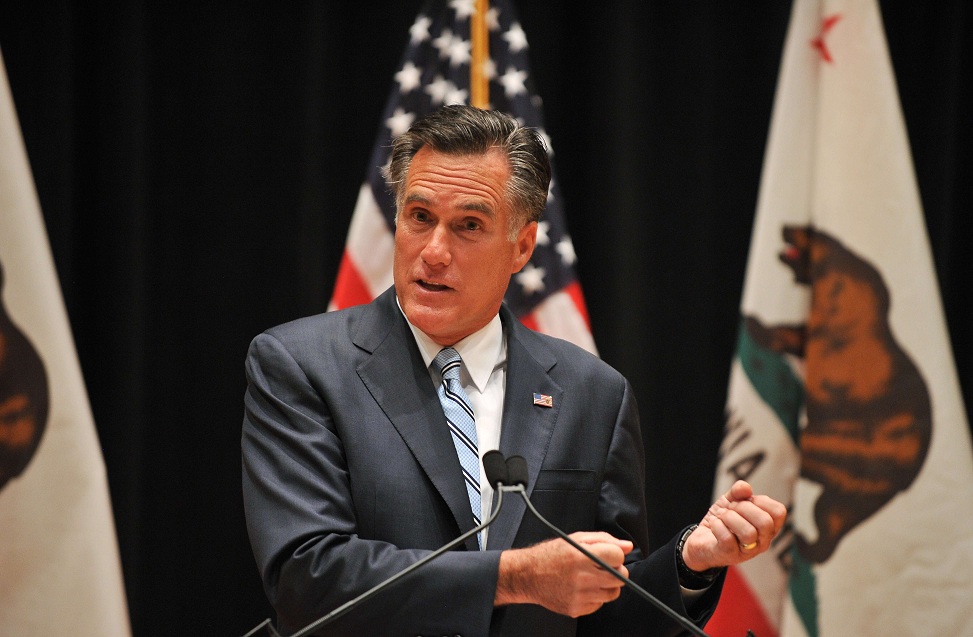
(AFP PHOTO / MAHMOUD KHALED)
The International Press Institute (IPI) called Monday for the future president of Egypt to protect journalists in accordance with the laws enshrined in the 2014 constitution and to release and drop charges against all imprisoned journalists.
The statement, which assumes that former Minister of Defence Abdel Fattah Al-Sisi will win this week’s vote, urges the military strongman to end the interim authorities’ ongoing crackdown on journalists. “It is imperative for Egypt that the next president move immediately to free journalists who have been unjustly jailed, in some cases for months without a trial, and to announce that he will uphold the rights of press freedom and unfettered access to information guaranteed under the new Constitution,” IPI Executive Director Alison Bethel McKenzie said.
Four prominent Al-Jazeera journalists currently imprisoned are directly mentioned in the statement: Mohamed Fahmy, Peter Greste and Baher Mohamed, arrested 30 December 2013 and on trial for crimes which could bring the death penalty for Egyptian citizens; and Abdallah Elshamy, arrested during the violent dispersal of the Rabaa Al-Adaweya sit-in on 14 August 2013.
Elshamy is currently on a hunger strike, and was recently put in solitary confinement in Cairo’s notorious Al-Aqrab maximum security prison. Elshamy views his move to solitary confinement as punishment for his hunger strike, which has lasted well over 100 days.
Although a large portion of the Egyptian public will cast their ballots for the former Field Marshal who promises the security after almost three and a half years of upheaval, Al-Sisi recently asked a group of journalists not to press for freedom of speech, as the public will have to make sacrifices to bring security back to the streets.
However, as IPI points out, the recently-ratified post-Morsi constitution enshrines freedom of press and speech. Articles 70, 71, and 72 ensure freedom of the press, freedom of publication, and the independence of press institutions.
“The state shall ensure the independence of all press institutions and owned media outlets, in a way that ensures their neutrality and expressing all opinions, political and intellectual trends and social interests; and guarantees equality and equal opportunity in addressing public opinion,” Article 72 reads.
The statement also encourages authorities to curb violent attacks against journalists, which have been on the rise since Mohamed Morsi’s 3 July ouster. IPI stressed in February that urged authorities to “appoint an independent prosecutor to investigate reports that police have beaten detained journalists, violated their rights of access to legal counsel and illegally confiscated and/or destroyed media equipment,” and “launch training for police and armed forces personnel to recognise accredited journalists as neutral non-combatants”.
“By freeing the jailed journalists and taking steps to improve the safety and security of all media workers, the new leadership in Egypt could go a long way in ensuring that the public has independent sources of information during what will be another new era for the country,” Bethel McKenzie said. “We urge the president to act immediately, to ensure media safety and pluralism from the outset of the new administration.”
Media rights watchdog Committee to Protect Journalists named Egypt the third most deadly country in the world for journalists in 2013. Six journalists were killed in the last six months of the year.
The last fatality was Mayada Ashraf, a 22 year-old journalist for independent Al-Dostour newspaper, who was shot dead in Cairo’s Ain Shams neighborhood on 28 March while covering clashes between security forces and pro-Morsi protesters.
She was the 11th journalist to be killed since the 2011 uprising that ended Hosni Mubarak’s 30-year reign.


